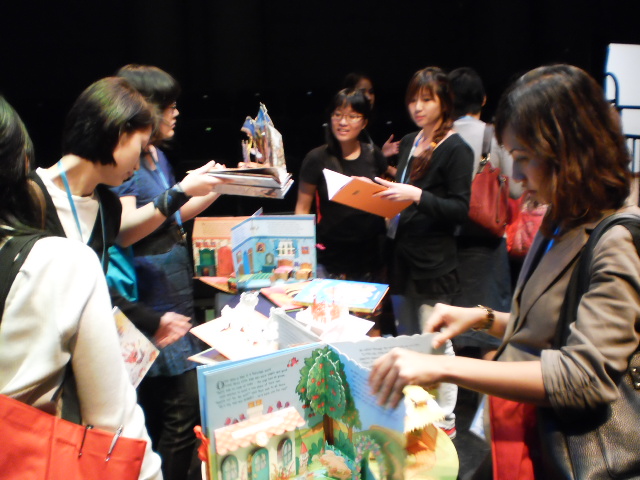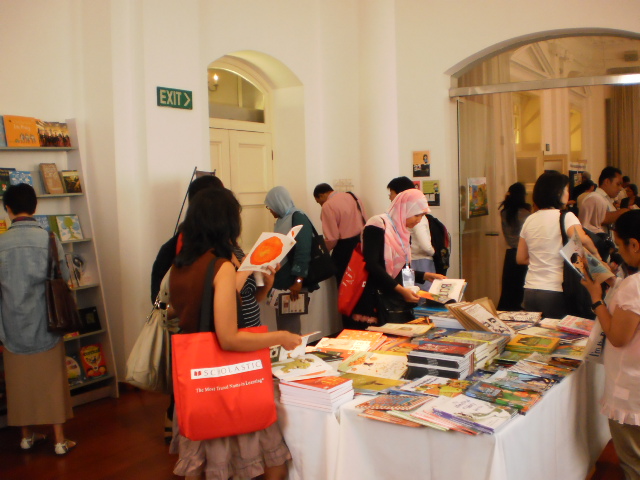Asian Content Demands Asian Excellence: At the Asian Festival of Children’s Content 2011
Writer and composer Lansell Taudevin reflects on what was shared at the Asian Festival of Children’s Content 2011.

In our digitally enhanced decade that rushes headlong into a future of cyber-writing, “real” writers of any genre face incredible new challenges. While the new IT medium is sophisticated and can be technically mysterious to people over the age of 13, its use by the masses has led to a proliferation of bland and boring banality. By becoming the ubiquitous usher of ordinariness, social networks such as Facebook and Twitter have provided a platform for the glorification of the ordinary on an international scale.

Is it necessary to preserve a unique Asian identity in this lemming-like lurch towards literary laziness? The answer is a resounding yes. There is nothing wrong with “intelligent parochialism”, be it national- or interest-group-orientated, as long as it is indeed intelligent.
Writers must learn to use the same platforms that this new age offers, but in an extraordinary way, in order to remain at the forefront of social reform and cultural integrity. Our new medium-dominated world demands that children’s writers work within the new to maintain the same excellence that has inspired worlds of readers in the past. The medium may change but the need for great storytelling does not and will never.

Any conference that takes too much refuge in the comfort zone of the increasingly limited impact of print media while largely ignoring the challenges – and opportunities – of this new age, will become obsolete and ineffectual in a time like this. This ostrich-like behaviour will do nothing for children’s writing, or any other writing for that matter.

The Asian Festival of Children’s Content 2011 bravely attempted to address some of these issues. As a writer myself, I came away from many of the presentations at the conference with this thought: Publishers must take the lead in adapting to many of these technological changes, so that writers will not become caught up in the bells and whistles that detract from what is of greatest importance – good writing.

The challenge for Asian writers is to proudly recognise that theirs is a culture of unparalleled richness and longevity, one that in comparison to the west is actually the new kid on the block. Fortunately, our new age and its cornucopia of media can also be an invaluable determining factor in the internationalisation and enhancement of such awareness. Writers of Asian children’s content need to defiantly, proudly and most importantly, brilliantly, contribute children’s books that are not afraid to say: this is my culture, and its greatness is unquestionable.
Singapore has been home to many innovations in technology. Maybe the same drive and skill that make Singapore (and Asia) leaders in these fields will crossover into the writing of Asian content for children, and allow Asian writers to assume their rightful place in the world, both as leaders in technology of the future “book” and as purveyors of their own magnificent Asian history.

Writer/Composer

